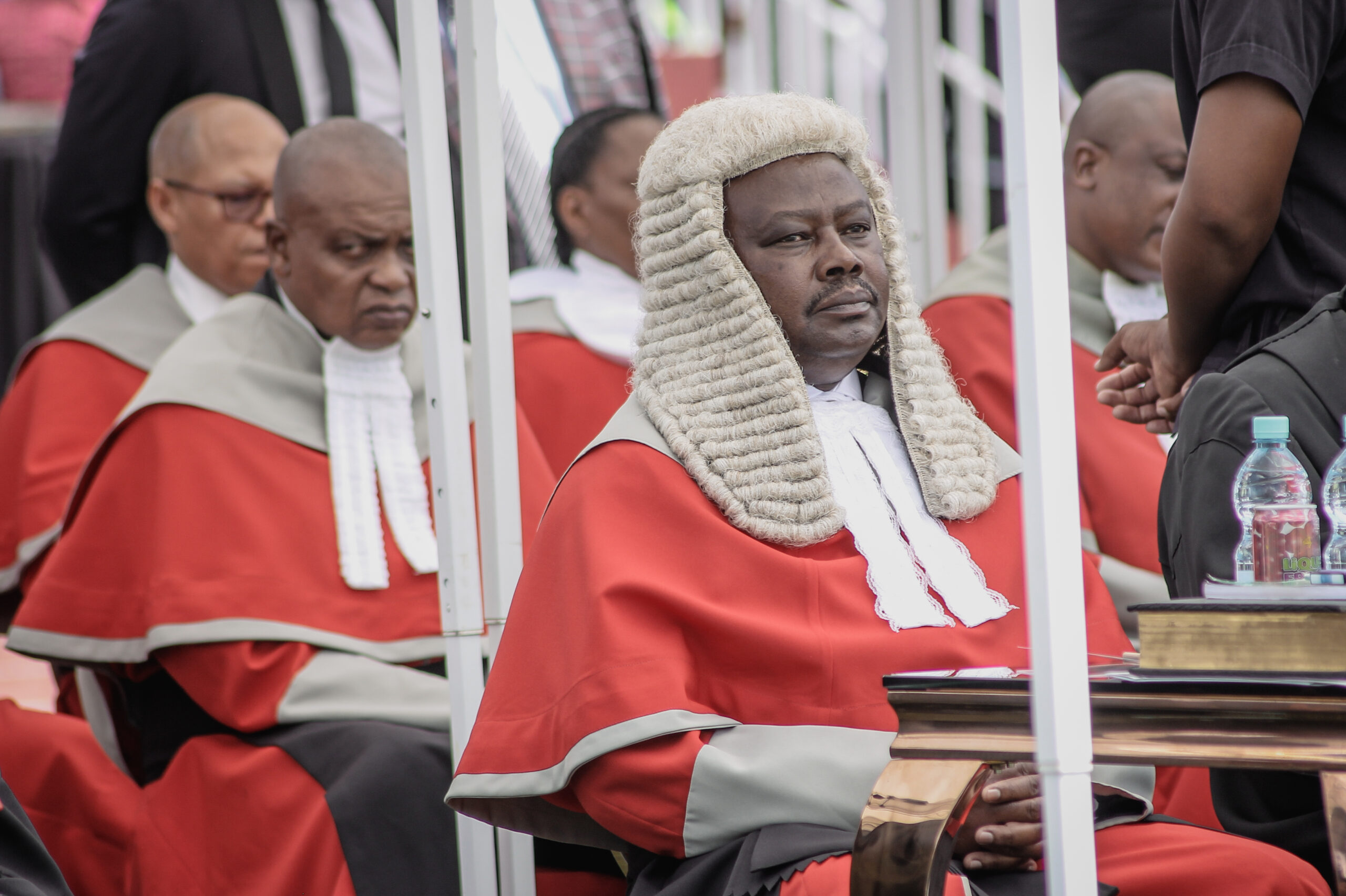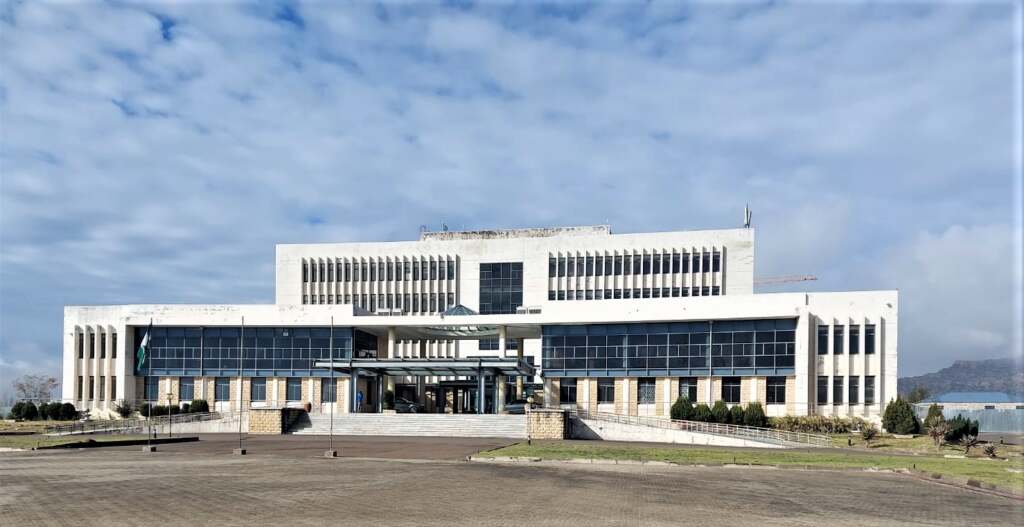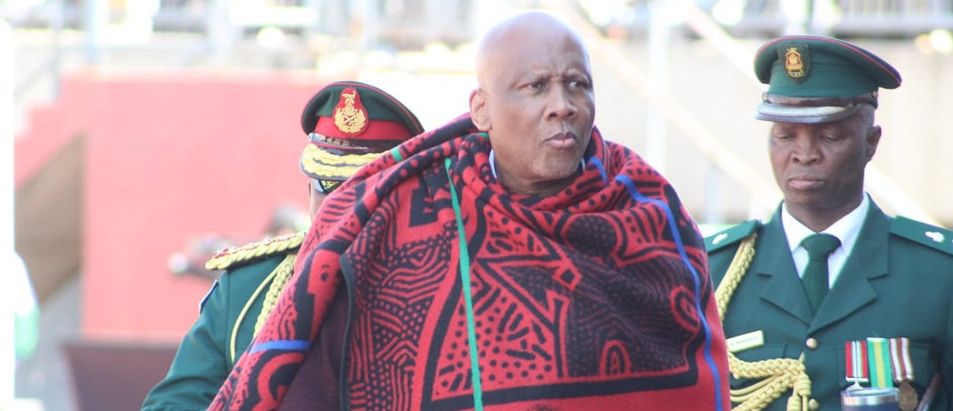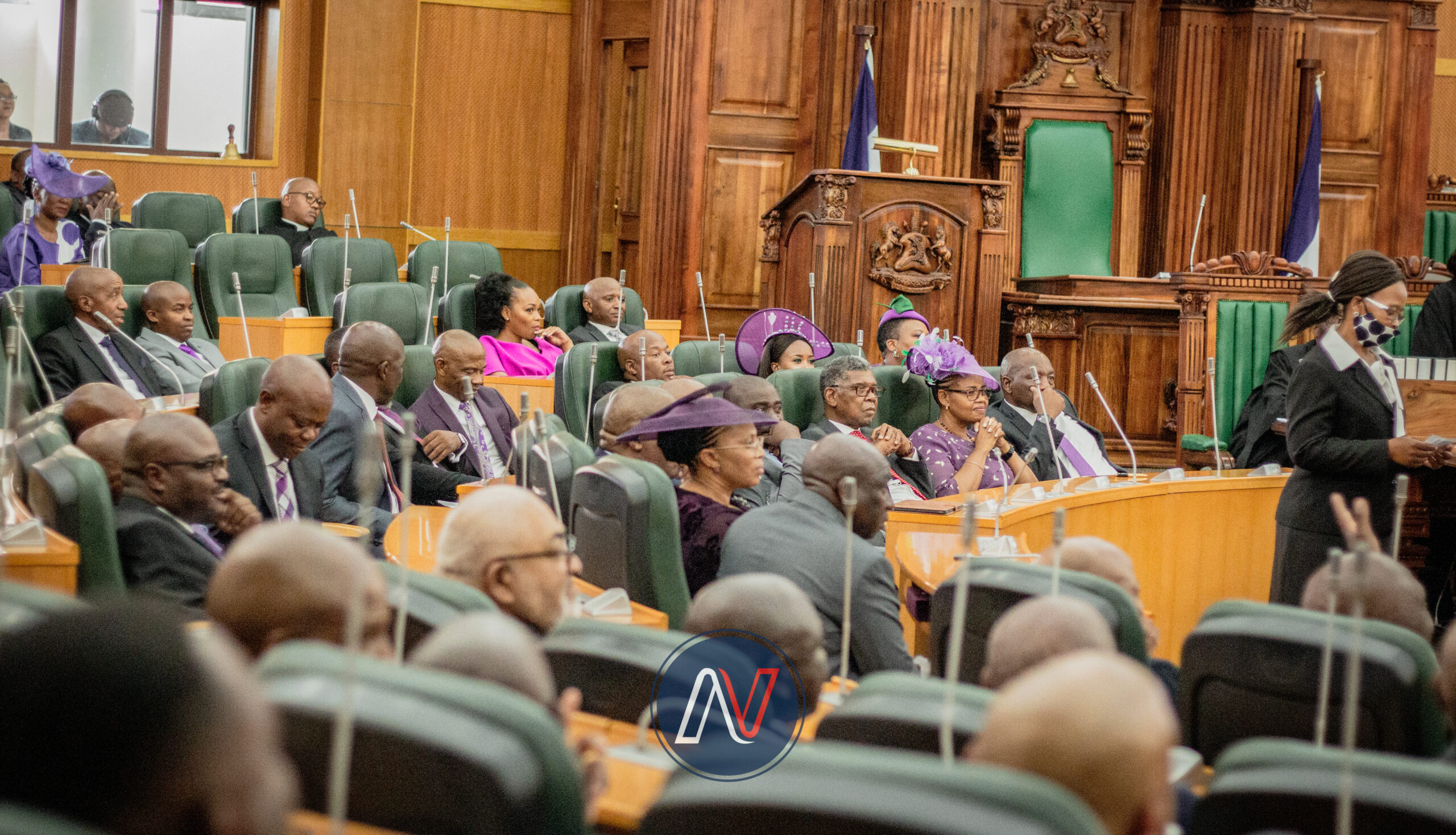Lehlohonolo Motšoari
To tighten regulations over the media landscape, the National Assembly is advancing amendments to the country’s constitution through the 10th Omnibus Bill.
On Wednesday, Minister of Justice Richard Ramoeletsi introduced a pivotal clause within the bill, focusing on the role of the media, drawing immediate attention from media professionals.
The proposed amendment, encapsulated in the 19th clause of the bill, introduces a new chapter into the constitution, delineating the principles that will govern the media in Lesotho. The clause is divided into several parts, each targeting different aspects of media regulation and the establishment of a new oversight framework.
One of the cornerstones of the proposed amendment is the affirmation of the media’s role in Lesotho’s democratisation process. According to Ramoeletsi, Clause 1.9 (a) explicitly states that “the media in Lesotho shall play a pivotal part in the development democratisation process in the country.”
This provision underscores the government’s intent to formalise the media’s role as a key player in shaping the nation’s democratic landscape.
The amendment also introduces the establishment of several regulatory bodies tasked with overseeing the media sector.
Media Council of Lesotho: This body is envisioned as an independent regulator of the entire media industry, “its responsibilities would include settling disputes within the sector, ensuring that the media operates within the confines of the law, and safeguarding journalistic standards,” Ramoeletsi said.
Independent Communications Authority and Lesotho Public Broadcasting Corporation: Both entities are outlined in the amendment but their specific governance and operational details are proposed to be governed by separate acts of Parliament, rather than being enshrined in the constitution.
Minister Ramoeletsi emphasised the necessity of these changes, particularly in addressing the spread of malicious information through various media channels, “most of the information transmitted over our radio stations is malicious and poses significant confusion amongst the public. If we have proper guiding principles that emanate from the constitution, our media institutions will be enabled to serve the public with justice,” Ramoeletsi asserted during the reading of the bill.
Lesotho Congress for Democracy (LCD) leader, Mothejoa Metsing, who seconded the motion in the National Assembly, acknowledged the concerns raised by media stakeholders.
Metsing advocated for the relevant committee to engage in thorough consultations with affected parties to ensure that the amendments do not inadvertently stifle press freedom. “It is advisable that the relevant committee consults with the concerned stakeholders when making these amendments to sensitize them that nothing is omitted,” Metsing noted.
He also reassured that while certain details are not included in the constitutional amendment, they would be addressed in subsequent acts of Parliament to ensure transparency and inclusiveness.
As the bill progresses through the legislative process, it faces intense scrutiny from both supporters and critics. The media fraternity, which has long demanded the autonomy to regulate itself, remains watchful, concerned that the proposed changes could curb its independence.
Summary
- The proposed amendment, encapsulated in the 19th clause of the bill, introduces a new chapter into the constitution, delineating the principles that will govern the media in Lesotho.
- This body is envisioned as an independent regulator of the entire media industry, “its responsibilities would include settling disputes within the sector, ensuring that the media operates within the confines of the law, and safeguarding journalistic standards,” Ramoeletsi said.
- Minister Ramoeletsi emphasised the necessity of these changes, particularly in addressing the spread of malicious information through various media channels, “most of the information transmitted over our radio stations is malicious and poses significant confusion amongst the public.

Your Trusted Source for News and Insights in Lesotho!
At Newsday Media, we are passionate about delivering accurate, timely, and engaging news and multimedia content to our diverse audience. Founded with the vision of revolutionizing the media landscape in Lesotho, we have grown into a leading hybrid media company that blends traditional journalism with innovative digital platforms.










